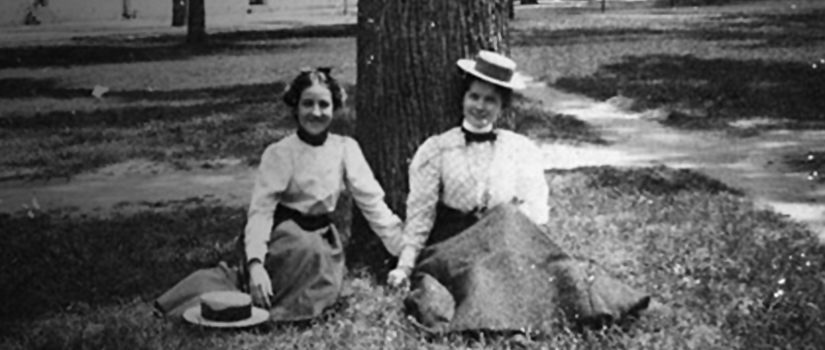In 1972, fewer than a dozen women met behind closed doors on the University of South Carolina’s Columbia campus. What they discussed was not illegal or criminal but felt conspiratorial just the same.
They met to propose a Women’s Studies program for the university.
Led by history professor Constance Ashton Myers, the small yet unwavering group of women pushed for a program that would challenge gender stereotypes, give voice to the diversity and complexity of women's lives and empower the students and faculty on campus.
After a year of making the case to university President Tom Jones, Woman’s Studies listed its first course, “Women and the Law,” in the academic bulletin.

Change Makers, Contributors Tell their Stories
- Sally Boyd – A feminist’s early beginnings
- Dawn Campbell – Agent of change
- Ed Madden – Engendering identity scholarship
- Stephanie Mitchem – An eye towards the future
More than 15 years later, the university approved the Bachelor of Arts in Women’s Studies degree, and the first two majors, Leslie Brown and Helen Tecklenburg, graduated in December of 2000.
In its 50th year, the now-Department of Women’s and Gender Studies is entering a period of celebration, reflection and planning for the future, beginning with the annual conference.
Throughout the 2023-2024 academic year, the WGST department will be collecting oral histories from folks who were instrumental in advancing women’s and gender studies at USC.
Just as no single person made the WGST program what it is today, there isn’t just one voice through which to relate the many facets of its history.
Some came to USC with momentum to bring women’s and gender studies out of the shadows. Others developed new curricula and wrote novel theory. Still others challenged the status quo of what is recognized as scholarship. Many worked diligently, aiding and abetting the continued evolution of this program.
The Women’s and Gender Studies 50th anniversary conference with keynote speaker Dr. Karsonya Wise Whitehead will be September 8-9.
Register for the conference and other upcoming events by visiting the 50th anniversary events page.



